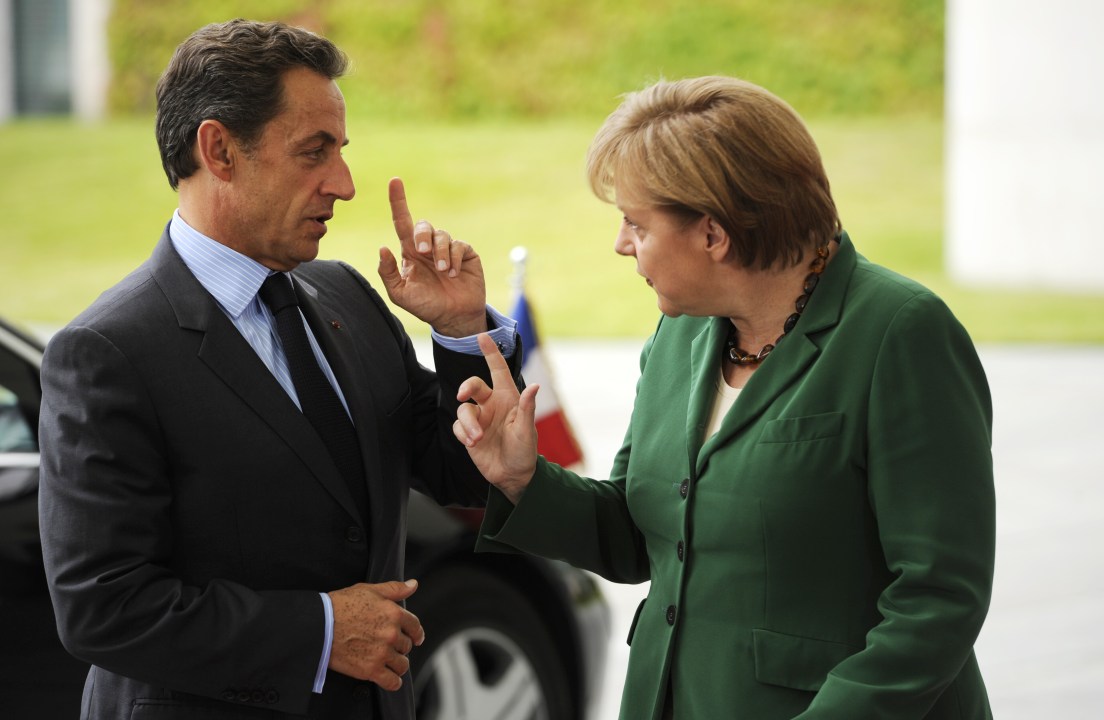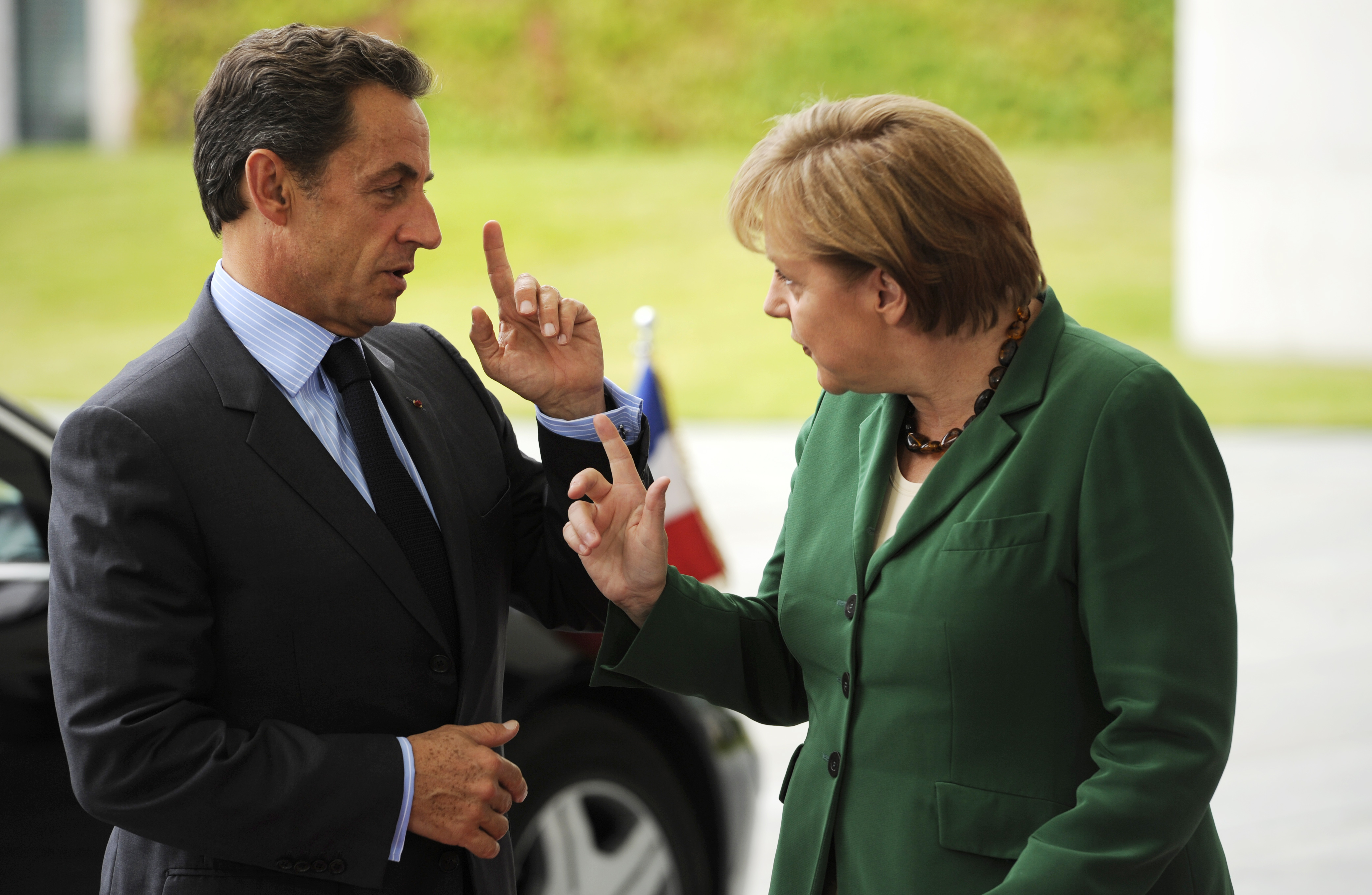T he American historian Walter Russell-Mead has a cynical — but very possibly
accurate — take on what the French are trying to persuade the Germans to accept
with their plan for Eurobonds:
he American historian Walter Russell-Mead has a cynical — but very possibly
accurate — take on what the French are trying to persuade the Germans to accept
with their plan for Eurobonds:
‘France’s clear short term goal is to commit Germany to underwrite debts from weak EU states. That not only staves off a crisis that threatens to engulf France; by putting Germany on as a co-signer for Greek, Italian and Spanish loans, France will ensure that Germany’s credit rating will not be better than France’s. The French will accept almost any German rules to limit the ability of countries like Greece to run up new debts. It is in France’s interest to have the weak EU countries on a fiscal leash — and better still to do it in such a way that the Greeks and others will blame Germany for the austerity. Once the new system is in place, France will subtly and continuously work to loosen and politicize the rules, heading a “soft money” group within the bloc. Over time, they believe (probably correctly) that they can soften the economic rules, pushing the Germans to offer more and more generous terms and make the system more “political” and less rule-driven.’
What happens in the Eurozone could well be one of the defining events of this century. If the Eurozone countries do move towards ever-closer fiscal union, the results — in the medium to long term — will be disastrous. Why? Because, to put it crudely, the Greeks won’t become Germans. The Greek public will object to Berlin imposing, in relative terms, austerity on them and the Germans will resent sending money south to a country which has a more generous welfare system than their own and a far more lax tax collection system. The result could well be the rise of extremist parties in both northern and southern Europe.








Comments